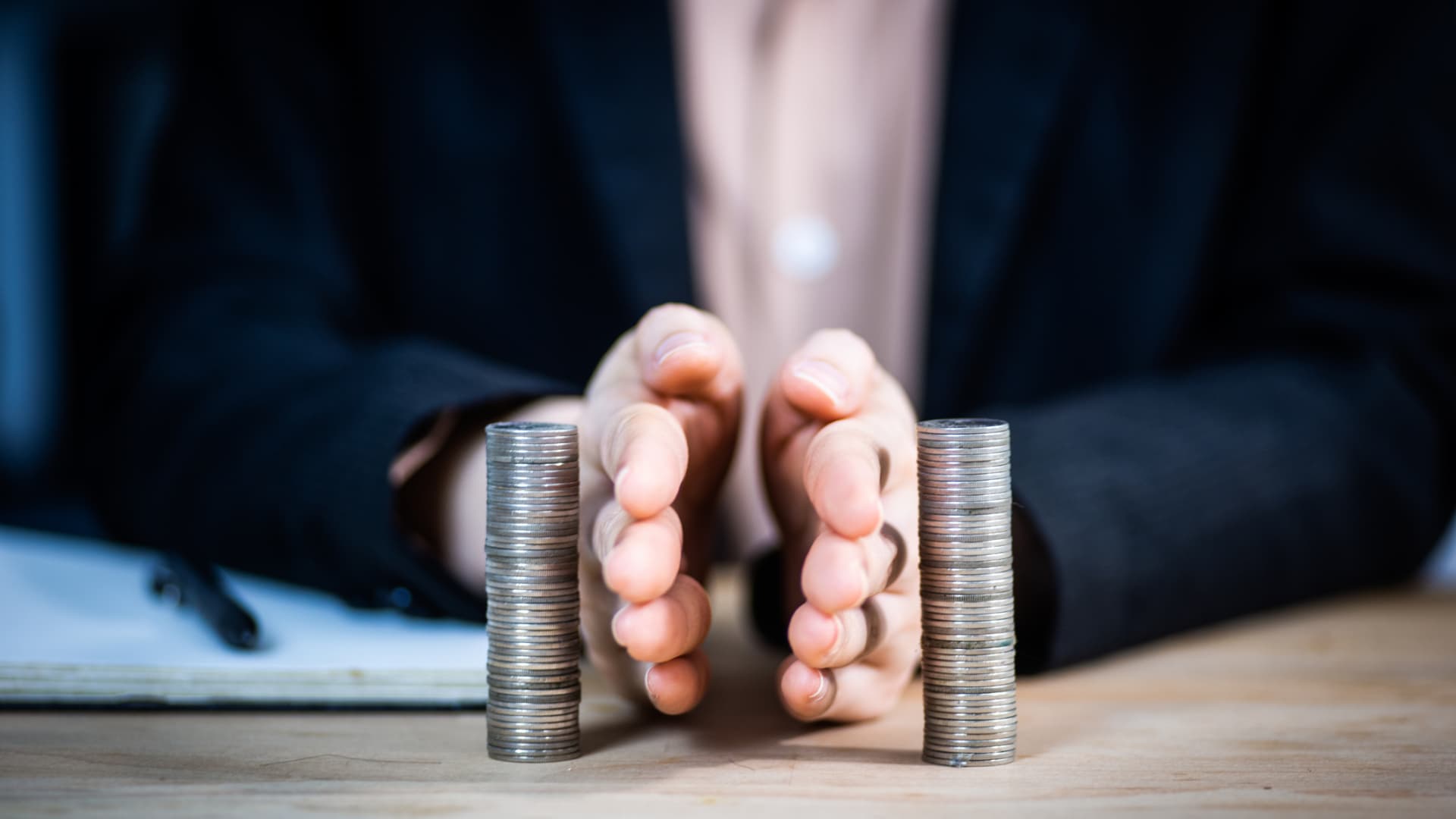
A shopper passes by a jewelry store that is going out of business in Brooklyn, New York, U.S., December 8, 2020.
Brendan McDermid | Reuters
For nearly 100 years, since the stock market crash of 1929 kicked off the decade-long Great Depression, Americans have been conditioned to think of a falling market as a sign that the economy was in peril — and that surging stocks meant a thriving economy that was better for all.
Now, with an historic disconnect between the fortunes of Wall Street and Main Street as a result of the COVID-19 pandemic, a new survey is showing a growing shift in America’s attitude toward the market as well.
According to the CNBC All-America Economic survey, 57% of respondents said that new highs in the Dow, S&P 500 and the Nasdaq meant that corporations and the wealthy were doing better, while only 30% said that a record-breaking market meant the overall economy was doing better.
This represents a marked change from the last time the question was asked in October 2018, a year that boasted both fresh market highs and new record lows in unemployment. Back then, 38% of respondents said equities on the rise meant a robust economy overall, and 46% said benefits primarily went to big business and the rich.
The change in attitudes was represented across nearly all demographics – and all levels of exposure to the market. Sixty percent of young adults ages 18-34, among the least likely to have money in the stock market, said market gains mostly benefitted corporations and the wealthy. However, that number rose to 61% among all adults who reported having investments.
Even among financial elites, those with $50,000 or more in investments and an annual household income of $75,000 or greater, 53% of respondents said market gains mostly went to large businesses and the top 1%.
The survey showed an notable shift among Republicans – long among the most likely to say the economy benefits from a strong market. In October 2018, just 17% said that higher stocks helped the wealthy and corporations. In December of 2020, 36% agreed with that statement – a rise of nearly 20 percentage points.




